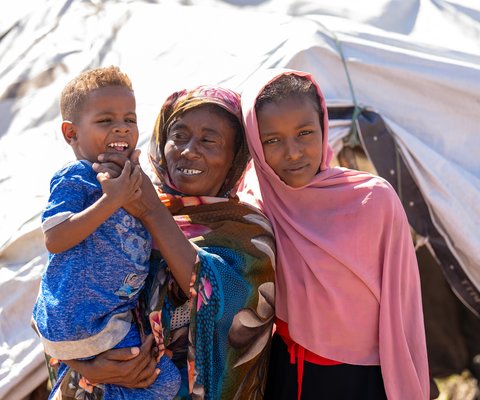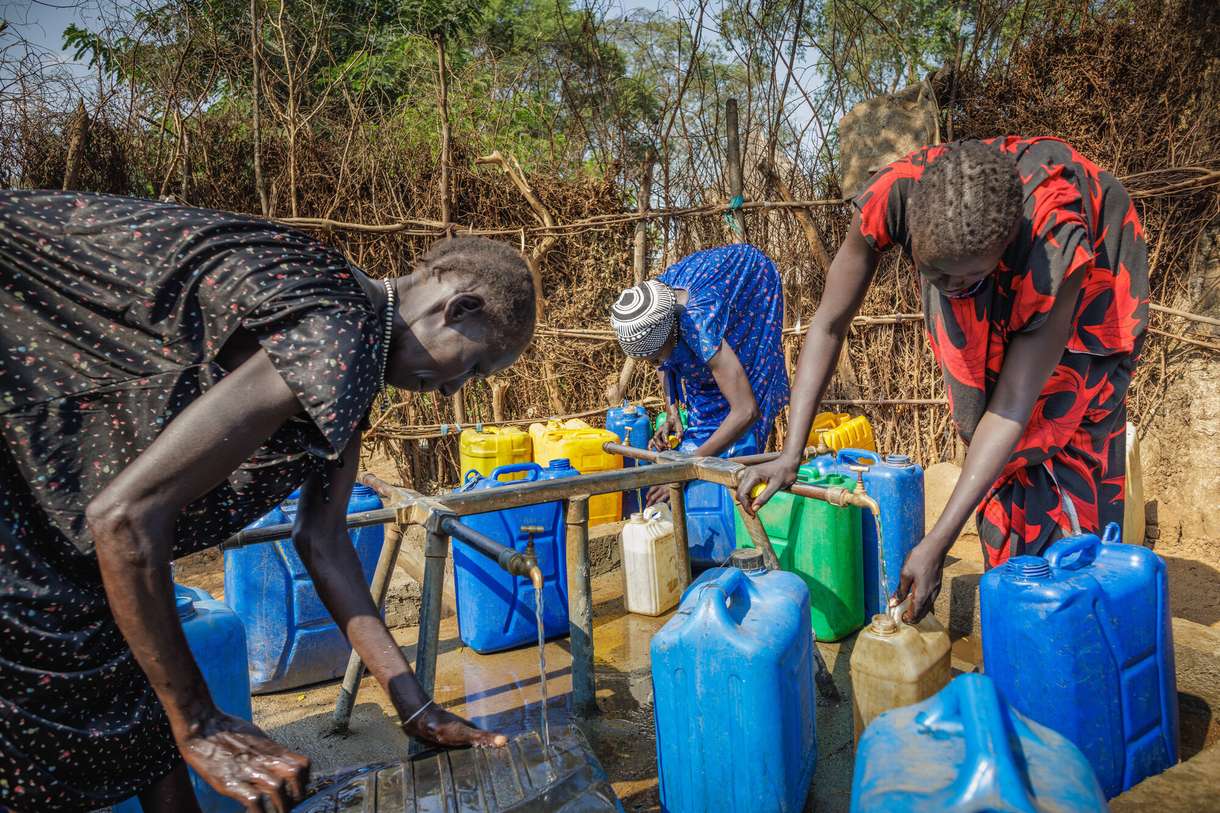Ethiopia has seen periods of rapid economic growth in recent decades and has the second-largest population in Africa (120 million), more than 70 percent of which is under the age of 30. The country continues to invest in infrastructure and is seeing progress in gender equality and education.
Despite its great potential, Ethiopia faces serious development challenges: An historic, multi-year drought across East Africa, combined with global economic shocks and violent unrest that has displaced 4.4 million Ethiopians, disrupted livelihoods, and increased hunger, disease, and inequality.
The majority of Ethiopians in rural areas rely on rain-fed agriculture and raising livestock for their subsistence, but climate change, shortage in public and private investment in the sector, as well as conflict in some areas have had negative effects on food production and incomes. As many as 6.8 million people across Ethiopia require food support, according to the World Food Program
Oxfam is addressing urgent humanitarian needs in multiple areas, while also tackling the root causes of poverty by helping people make a decent living and adapt to and survive climate change. We also work to empower women and girls in all our programs and ensure women can advocate for their rights and participate in making policies that affect their lives.













What challenges are people in Ethiopia facing?
55%
Of children under age five are malnourished
80%
Of the population depends on agriculture and livestock for their livelihood
1 million
Refugees in Ethiopia